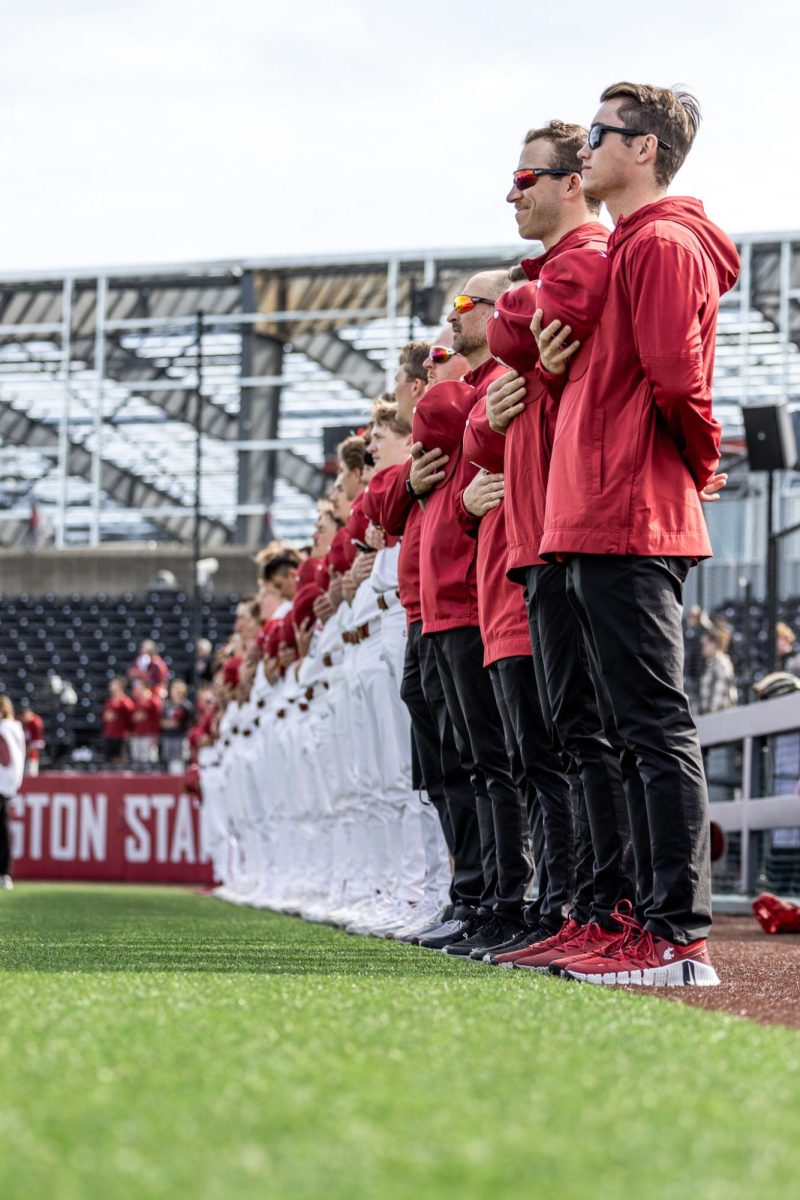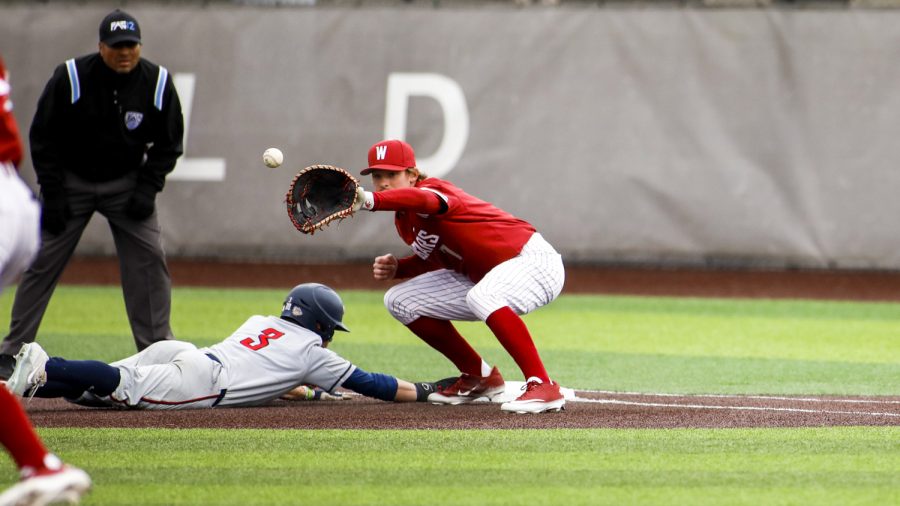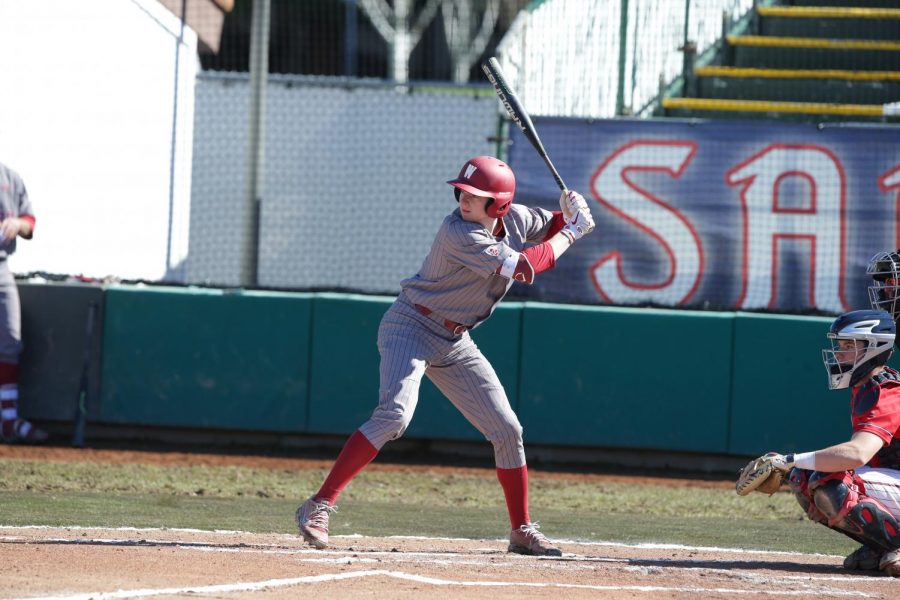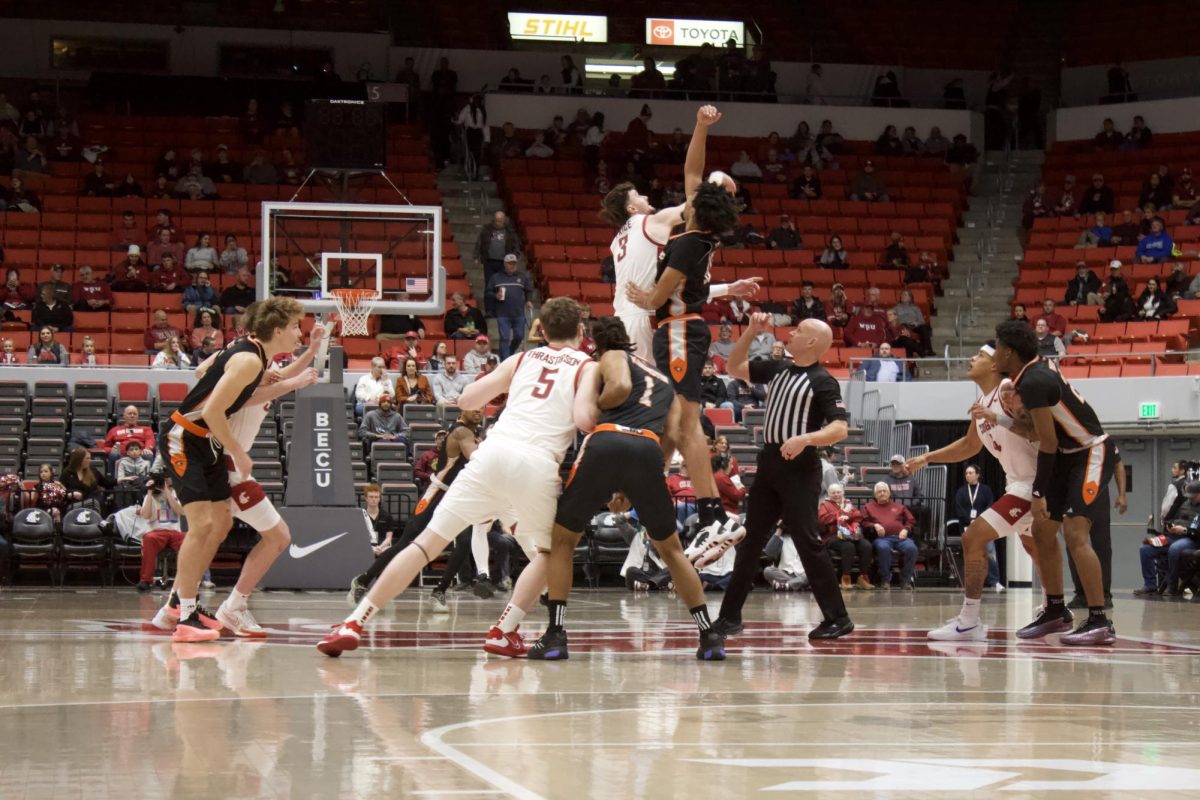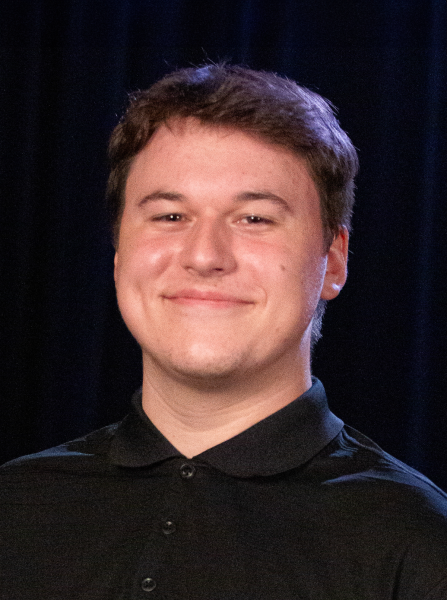PEORIA, Ariz. – When he played, the role he now holds did not exist. The biggest struggle of Adam Bernero’s MLB career may have been nonexistent if it had.
Bernero is the Seattle Mariners mental skills coach and has been a mental performance coach in MLB since 2017, spending 18 months with the Toronto Blue Jays before joining the Seattle staff in December 2018.
An MLB pitcher for five teams from 2000–06, he said his biggest struggle always proved to be his mentality. He struggled with it when he did not find success on the mound and without proper resources, he had to just pitch through his negative mentality.
“When I played, only a couple of guys were doing it and now it is fully integrated. I think every team at this point has mental coaches,” Bernero said.
Now, mental health is a key to the game that teams across the league take as prioritization. Mental skills, health and performance coaches are a common sight among team staff, due in part to the destigmatization of that side of the game.
“I think the biggest thing is that players are more accepting of it. Some of the stigma from the past is kind of dissipated and that makes it easier to do my job,” Bernero said.
A former pro, Bernero said players will bring up his playing career as something that makes it easier to connect. While he appreciates the benefit it can provide, it is not the only thing that makes him able to do his job.
“Some guys will come up to me because I played, but I always say, ‘My experience is a lot different than yours,’” he said. “I know what it’s like to be on the big league mounds but I try to treat the individual as is, rather than through my lens.”
With the team for the better part of a half-decade, Bernero has created several positive relationships and reputations among players.
Last season, he helped starting pitcher George Kirby learn to control his emotions and his “Furious George” nickname.
Kirby has used breathing techniques that Bernero taught him and although initially hesitant, it has become a vital part of his play and preparation, according to a 2023 Seattle Times article (paywall).
“Bern’s been a great tool for me. He’s a great friend, and we care a lot about each other,” Kirby said to The Seattle Times. “He’s helped me through some stuff.”
Bernero said getting players over their initial hesitation to try new techniques is the key to success in the mental game. Whether new or tenured players, active Mariners have learned that they can be open with Bernero, as he helps with confidentiality.
“Creating space for the players to talk about things on their minds is the biggest thing I can give players,” Bernero said. “It can be hard to process a lot of things that go on a daily basis, and it can feel lonely for players, so I hope to provide a place for players to have conversations that may be difficult to have with someone else.”
Players appreciate the investment the team has made in the mental side of the sport, especially since baseball is a mental game at its core.
“With [Adam and the mental performance staff] you don’t have to hold back. You know they’re doing a good job in taking care of us,” Mariners first baseman Ty France said.
France, who has been with the team since 2020, said he wishes he would have taken the mental side of the game more seriously earlier in his career, as it has become a important part of his gameday preparation in current seasons .
“As you get older in the game, you start to understand how big a role the mental skill side plays in performance,” France said. “The Mariners do a very good job of really taking care of us on that side of things.”
Seattle has invested in mental resources in a multitude of ways. In 2022, they adopted Tucker, a clubhouse pup who manager Scott Servais called a great addition, according to MLB.com.
Mariners offseason addition, catcher Mitch Garver, said that, while new to the team, he understands the importance of mental stability.
He said he also wishes he would have known to use mental resources earlier in his career, as coaches in that field have aided him in dealing with his emotions.
“[It’s important] to understand there’s ups and downs throughout the year,” Garver said.
Without an office, every day is unique for Bernero. He works all over the clubhouse, always available for players if they need him.
“Some days it’s conversations in the hallway. Sometimes in the batting cage. It’s never just one thing I am doing. I don’t even have an office, so everyday is different based on players’ needs,” Bernero said.
While players like Kirby and France have attributed some levels of their success to Bernero and the mental staff, Bernero said he takes more gratification from seeing them develop mentally outside baseball.
“It’s great to support players and what they’re trying to do. I get more gratification out of them being better men because of it, and I can help in some way,” he said. “I had my own struggles as a player and I wanted to help guys that I thought might be having the same issues.”



